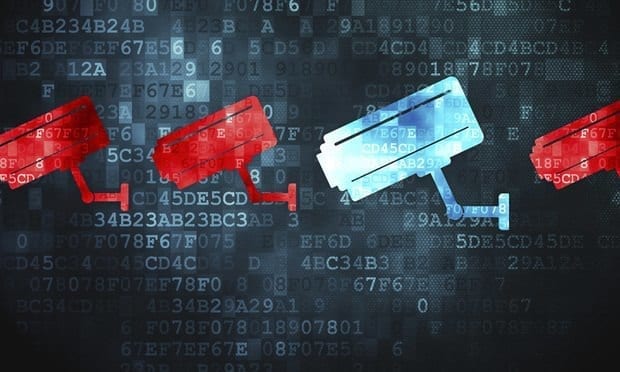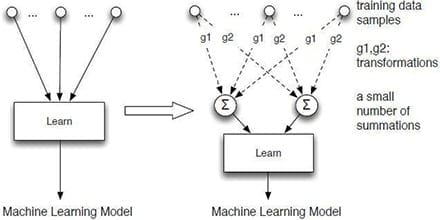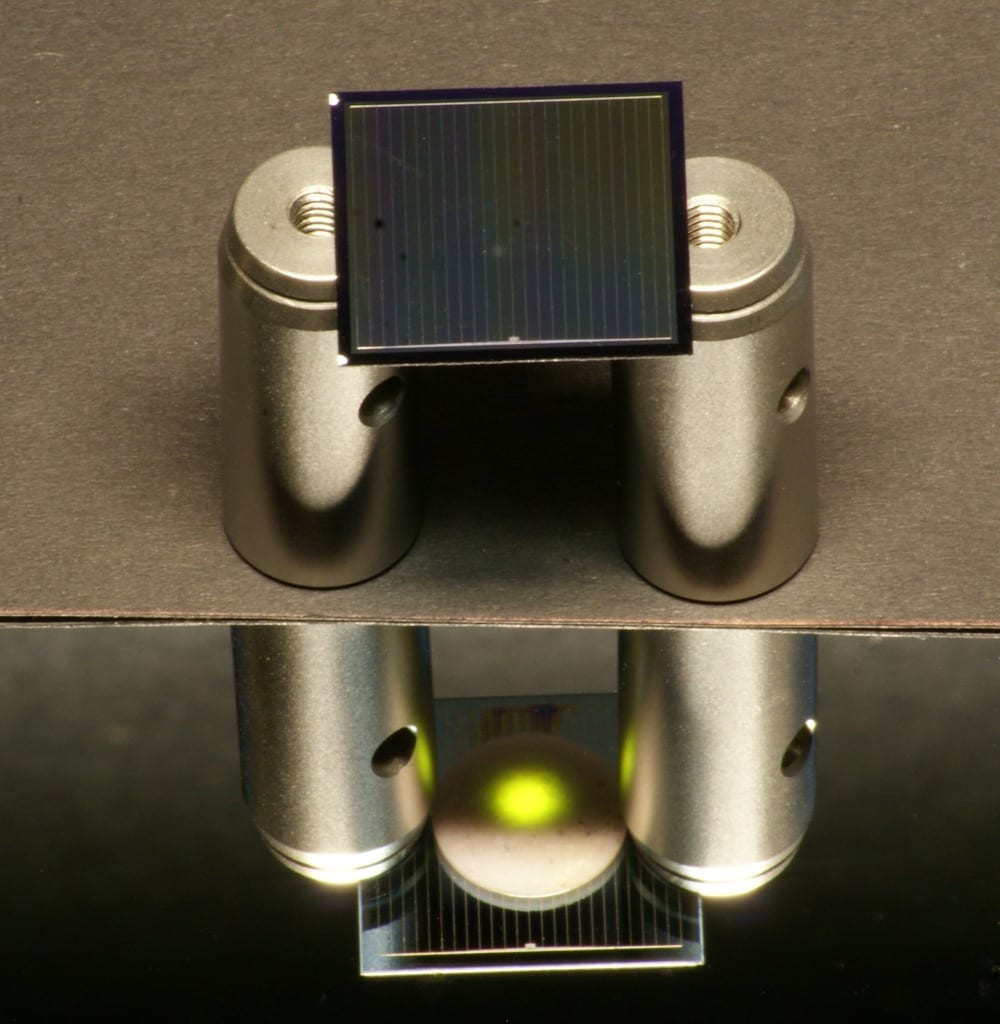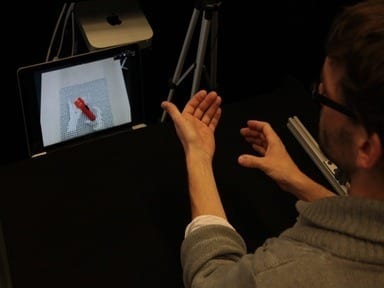As cameras become ubiquitous and able to identify people, more safeguards on privacy will be needed
“THIS season there is something at the seaside worse than sharks,” declared a newspaper in 1890. “It is the amateur photographer.” The invention of the handheld camera appalled 19th-century society, as did the “Kodak fiends” who patrolled beaches snapping sunbathers.
More than a century later, amateur photography is once more a troubling issue. Citizens of rich countries have got used to being watched by closed-circuit cameras that guard roads and cities. But as cameras shrink and the cost of storing data plummets, it is individuals who are taking the pictures.
Through a Glass, darkly
Some 10,000 people are already testing a prototype of Google Glass, a miniature computer worn like spectacles (see article). It aims to replicate all the functions of a smartphone in a device perched on a person’s nose. Its flexible frame holds both a camera and a tiny screen, and makes it easy for users to take photos, send messages and search for things online.
Glass may fail, but a wider revolution is under way. In Russia, where insurance fraud is rife, at least 1m cars already have cameras on their dashboards that film the road ahead. Police forces in America are starting to issue officers with video cameras, pinned to their uniforms, which record their interactions with the public. Collar-cams help anxious cat-lovers keep tabs on their wandering pets. Paparazzi have started to use drones to photograph celebrities in their gardens or on yachts. Hobbyists are even devising clever ways to get cameras into space.
Ubiquitous recording can already do a lot of good. Some patients with brain injuries have been given cameras: looking back at images can help them recover their memories. Dash-cams can help resolve insurance claims and encourage people to drive better. Police-cams can discourage criminals from making groundless complaints against police officers and officers from abusing detainees. A British soldier has just been convicted of murdering a wounded Afghan because the act was captured by a colleague’s helmet-camera. Videos showing the line of sight of experienced surgeons and engineers can help train their successors and be used in liability disputes. Lenses linked to computers are reading street-signs and product labels to partially sighted people.
Optimists see broader benefits ahead. Plenty of people carry activity trackers, worn on the wrist or placed in a pocket, to monitor their exercise or sleep patterns; cameras could do the job more effectively, perhaps also spying on their wearers’ diets. “Personal black boxes” might be able to transmit pictures if their owner falls victim to an accident or crime. Tiny cameras trained to recognise faces could become personal digital assistants, making conversations as searchable as documents and e-mails. Already a small band of “life-loggers” squirrel away years of footage into databases of “e-memories”.
Not everybody will be thrilled by these prospects. A perfect digital memory would probably be a pain, preserving unhappy events as well as cherished ones. Suspicious spouses and employers might feel entitled to review it.
The bigger worry is for those in front of the cameras, not behind them. School bullies already use illicit snaps from mobile phones to embarrass their victims. The web throngs with furtive photos of women, snapped in public places. Wearable cameras will make such surreptitious photography easier. And the huge, looming issue is the growing sophistication of face-recognition technologies, which are starting to enable businesses and governments to extract information about individuals by scouring the billions of images online. The combination of cameras everywhere—in bars, on streets, in offices, on people’s heads—with the algorithms run by social networks and other service providers that process stored and published images is a powerful and alarming one. We may not be far from a world in which your movements could be tracked all the time, where a stranger walking down the street can immediately identify exactly who you are.
Also: Amazon Echo: Tips to Protect Your Privacy and Online Safety
The Latest on: Safeguards on privacy
[google_news title=”” keyword=”Safeguards on privacy” num_posts=”10″ blurb_length=”0″ show_thumb=”left”]
via Google News
The Latest on: Safeguards on privacy
- TPB to implement safeguards against ‘vexatious breach reports’on May 1, 2024 at 1:57 pm
The TPB has assured tax agents that any frivolous or malicious reports made under the dob-in provisions will be viewed unfavourably by the regulator.
- Navigating California’s Surge in CIPA Cases: How to Safeguard Websites Using Third-Party Techon April 29, 2024 at 5:00 pm
California continues to grapple with a significant surge in lawsuits and arbitration demands aimed at businesses operating websites employing technology to monitor ...
- Biden Administration Finalizes Rule To Support Reproductive Health Care Privacyon April 29, 2024 at 8:44 am
On April 26, 2024, the Department of Health and Human Services published a final rule to strengthen privacy protections for people accessing and providing reproductive health care. The final rule adds ...
- Nuanced Privacy Laws Means Healthcare Organizations Should Prioritize Protecting Personal Informationon April 28, 2024 at 5:00 pm
The healthcare industry is among the most highly regulated industries when it comes to privacy protections. In addition to the federal Health Insurance Portability and Accountability Act (HIPAA), ...
- NPR Online Privacy Policyon April 23, 2024 at 5:10 pm
be entitled to access information about you subject to such data privacy laws. When we engage in cross-border data transfers, we will ensure that relevant safeguards are in place to afford ...
- Privacy First: Biden Admin Shields Abortion Seekers Across State Lines, Mail-Order Meds Still Vulnerableon April 23, 2024 at 9:31 am
The Biden administration finalized a rule to protect medical privacy for women seeking legal abortions across state lines.
- Editorial: Social media companies refuse to safeguard kids. It’s up to lawmakers nowon April 22, 2024 at 5:00 am
State and federal lawmakers are trying to create regulations to protect kids from potential harms from social media use. It's not easy to find balance.
- Data Safeguard - ID-REDACT® Champions Data Privacy Compliance for India's DPDP Acton April 21, 2024 at 10:30 pm
BENGALURU, KARNATAKA, INDIA, April 22, 2024 /EINPresswire.com/ -- Data Safeguard India Pvt Ltd, a wholly-owned subsidiary of Data Safeguard Inc., is pleased to ...
- CJI says safeguards in new criminal laws will protect rights of citizenson April 20, 2024 at 2:05 pm
The judicial scrutiny would safeguard the rights of citizens against ... in measures to prevent any data leakage and to protect the privacy of the accused as well as the victim when dealing ...
- HHS-OIG Highlights Anti-Fraud Safeguards for Patient Assistance Programs Backed Mainly By Drug Manufacturerson April 18, 2024 at 5:00 pm
You are responsible for reading, understanding and agreeing to the National Law Review's (NLR’s) and the National Law Forum LLC's Terms of Use and Privacy Policy ...
via Bing News











